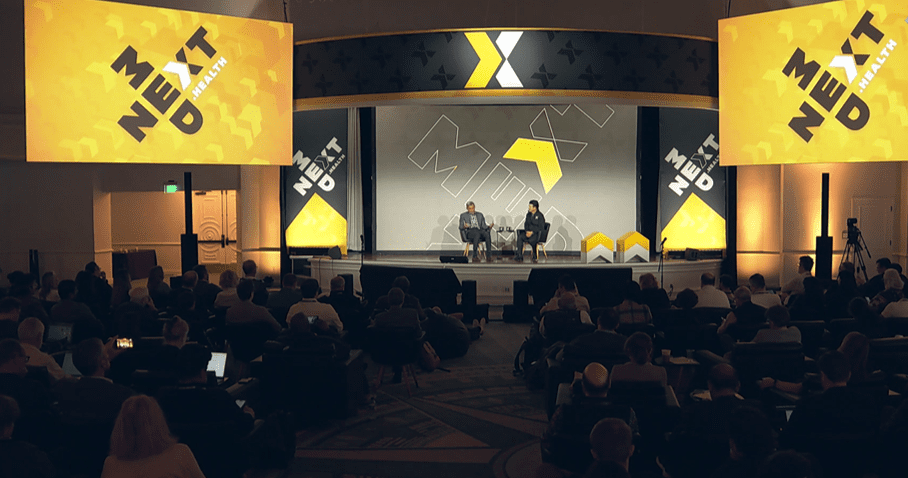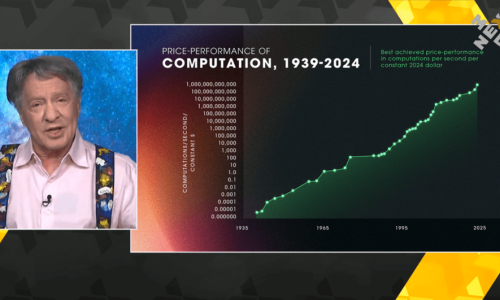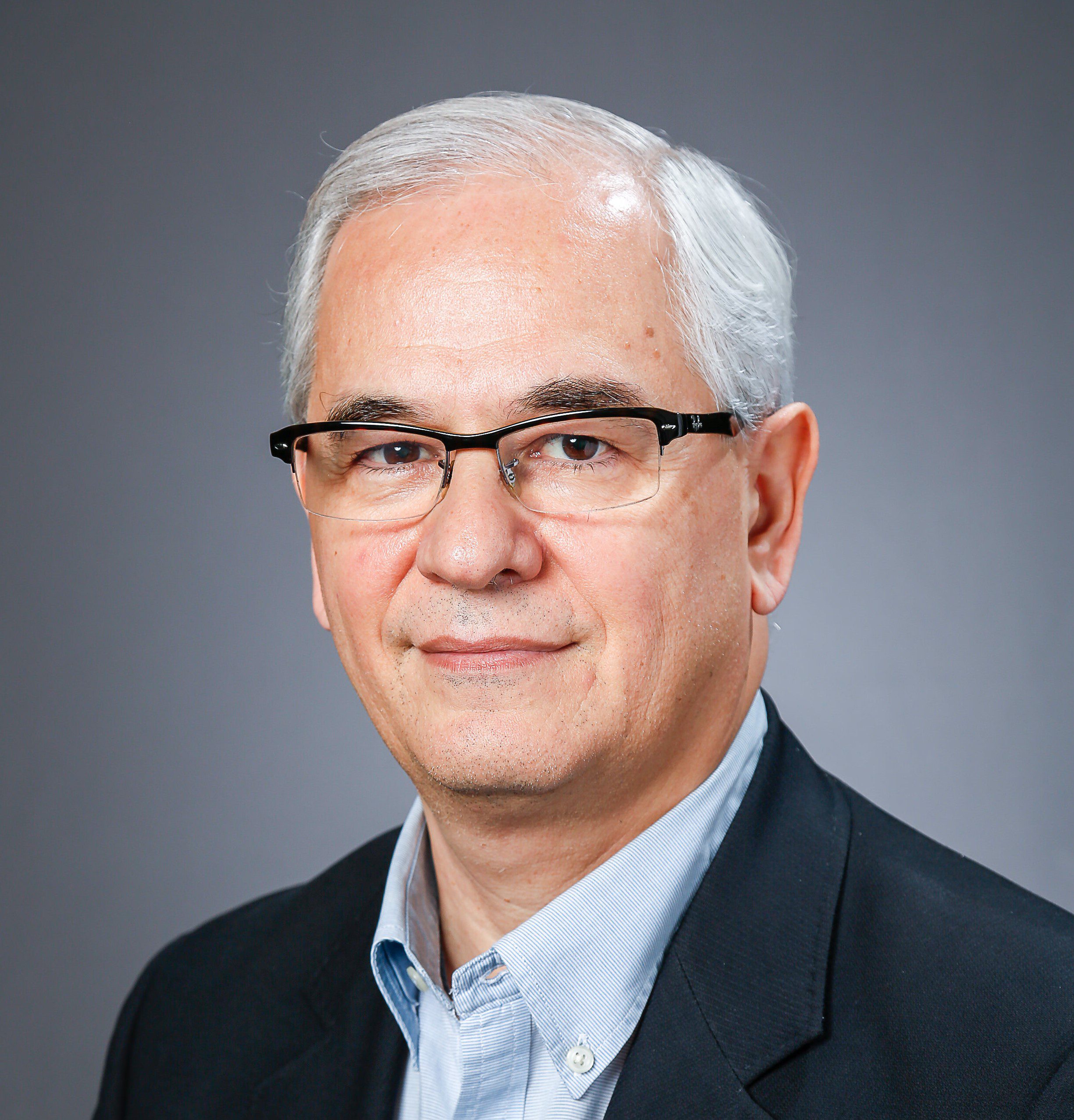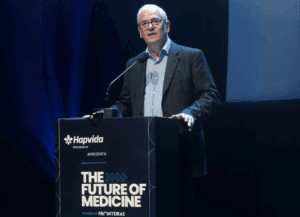Eric Topol participated yesterday in NextMed Health 2025, an excellent event organized by Daniel Kraft, held in San Diego, California, which ended today – https://www.nextmed.health/. This is a unique event dedicated to catalysing and accelerating the arrival of a new, human-centric, technology-enabled health age.
Among several themes, Topol highlighted the need for better communication of scientific findings and the challenges of integrating digital tools into medical practice. He stressed the significance of lifestyle factors like exercise, sleep, and diet in healthy aging, and the potential of AI to personalize healthcare.
Topol criticized the misinformation in the longevity field (“pseudoscience”) and advocated for better data sharing, particularly in immune system metrics. He also underscored the importance of gut microbiome research and the need for comprehensive health data to improve patient outcomes.
On the impact of large language models like GPT-4 on patient empowerment and self-diagnosis he stressed the importance of patients having access to their own health data and highlights the issue of misdiagnosis in the United States and the need for better diagnostic tools and second opinions.
AI is very important to analyse multimodal health data, including genomic, proteomic, and exposomic data, and there is the need for better integration of AI tools into medical practice to improve patient outcomes.
Eric’s new book, “Super Agers” will be launched soon, and it will bring an evidence-based approach to longevity. Among the book’s approaches are anti-aging interventions and the importance of understanding the metrics of aging, such as organ clocks and genomics, and the potential of AI to analyse large amounts of health data and identify risk factors for major diseases. In “Super Agers”, Eric emphasizes the importance of using AI to provide personalized health insights and interventions to improve health span and reduce the risk of age-related diseases.
See this article also on Linkedin: Click Here!










